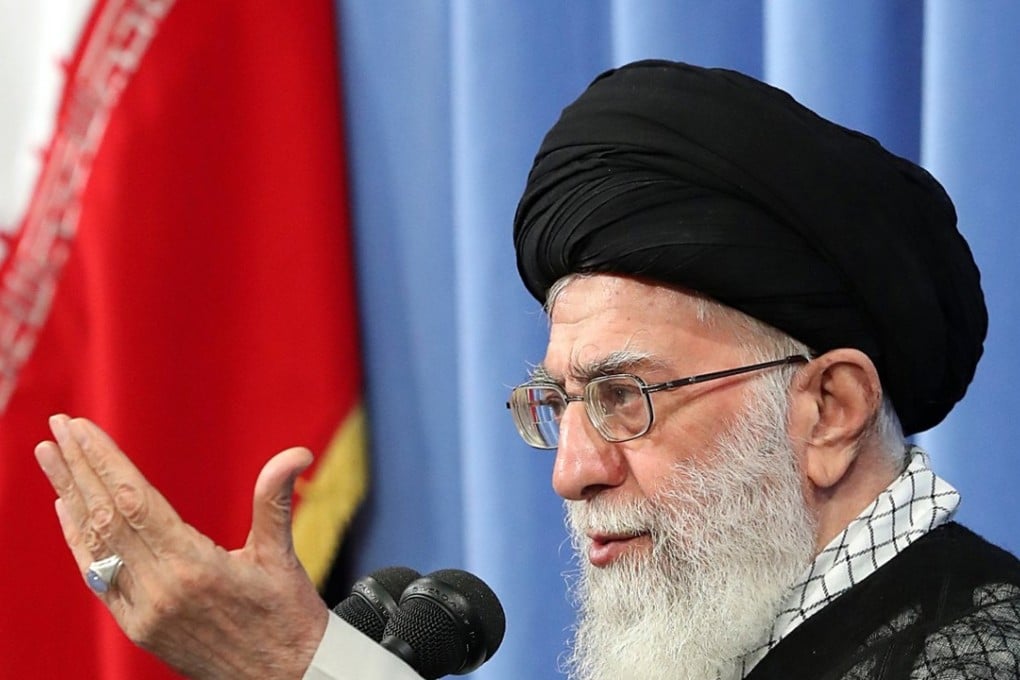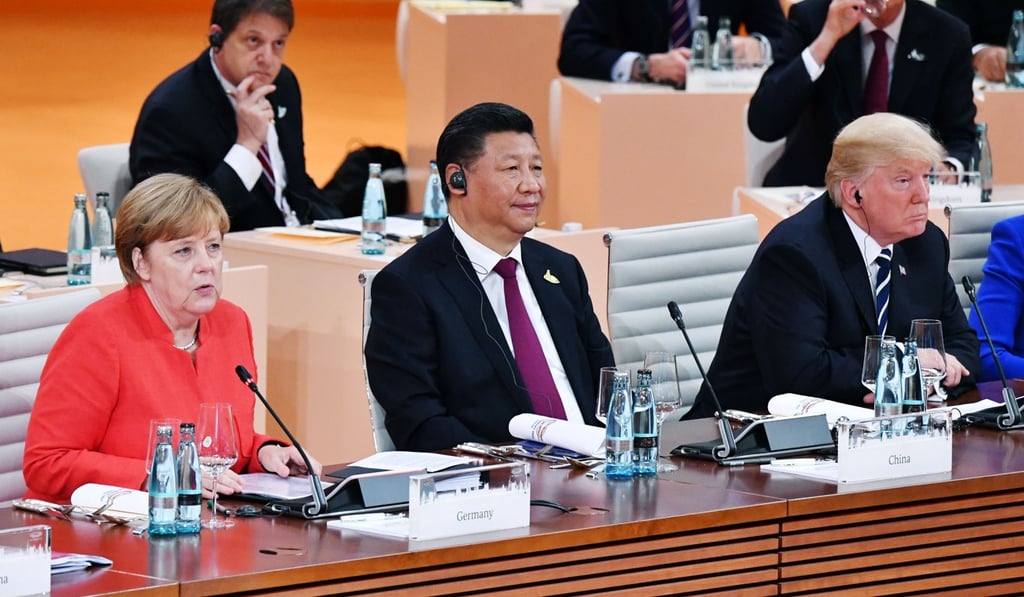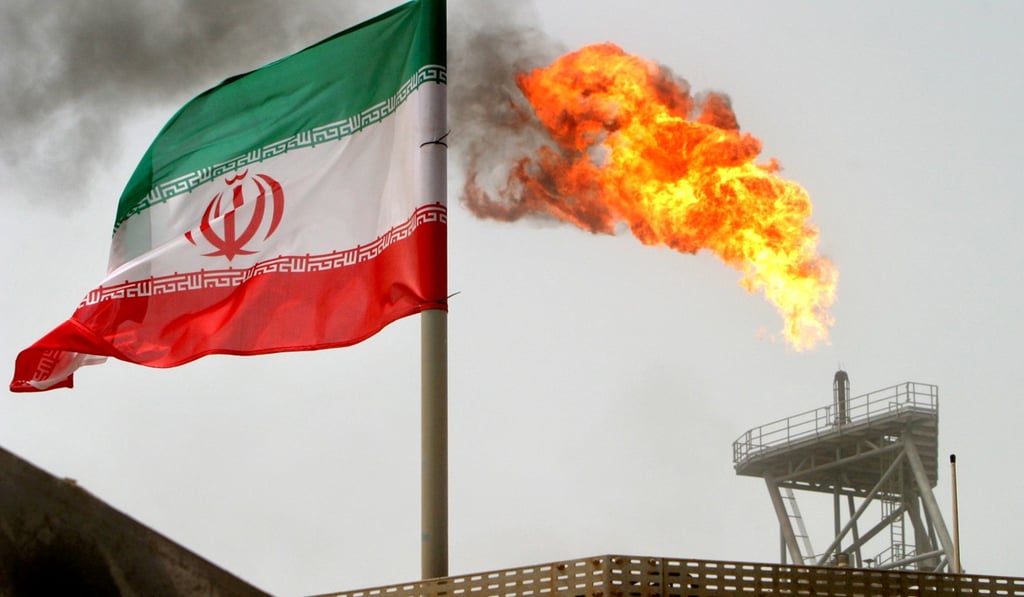Advertisement
Why ditching the Iran nuclear deal would be bad for China, India and the rest of Asia
Neil Bhatiya says US partners that made sacrifices to force Iran to negotiate before the 2015 deal are convinced the deal is working, and fear that the US breaking the pact would ruin prospects for negotiations on North Korea’s nuclear programme
Reading Time:3 minutes
Why you can trust SCMP

Now that US President Donald Trump has declared that Iran is not in compliance with the 2015 Iran nuclear deal, the status of the Joint Comprehensive Plan of Action depends on the US Congress’ reaction. How Congress and the administration handle the process of putting additional conditions on Iran could potentially anger many US allies and partners who value the deal and believe it, in its current form, is working.
There’s good reason for that anger. A process that could lead to the reimposition of US sanctions may constitute a breach, and probably lead to a collapse, of the nuclear deal. The Europeans have already spoken out publicly about their frustration and the damage Trump could cause to transatlantic relations by violating the deal. But Europeans aren’t the only ones who should see the new Iran policy as highly problematic. China, a party to the deal, and other Asian nations, have a lot to lose from a broken deal and an impaired security partnership with the United States.

Can Donald Trump’s America really justify pointing the finger at Iran?
India and China, for instance, both see Middle East stability as important for their diplomatic and economic priorities. Iran is an important regional lynchpin, a fact which they have recognised in their interactions with Tehran before and after the 2015 nuclear deal. An unstable relationship between Iran and other global powers imperils that vision across a range of issues.
Advertisement
Or take cooperation on Afghanistan. The US has encouraged Asian countries to support the government of President Ashraf Ghani in Afghanistan, principally through economic aid and investment, training (in the case of India) of Afghan security forces, and focusing international attention on regional counterterrorism priorities. Regional players recognise the importance of Iran’s participation in negotiations on the future of Afghanistan, like the Heart of Asia ministerial meetings. Support for a stable political order in Kabul will be difficult if the United States and Iran enter a crisis. For example, geography has limited India’s ability to direct resources to Afghanistan – hence, investments in the Iranian port of Chabahar to allow for the transit of Indian goods to Afghanistan, which would be undermined if the US tries to reassert crippling economic pressure on Iran.
A breakdown in Iran’s relationship with the international community also imperils India and China’s energy interests. While US energy exports to Asia provide valuable supply diversification to Asian buyers, many states want to engage with Middle Eastern suppliers, who are geographically closer, low-cost producers. Asian customers significantly reduced oil imports from Iran to comply with US sanctions under the Obama administration. They took part in a multilateral economic pressure campaign on Iran to help facilitate the diplomacy that produced the deal. The potential reimposition of sanctions would force these countries to weigh their economic needs against avoiding the anger, and sanctions penalties, of the US.
Advertisement

Advertisement
Select Voice
Choose your listening speed
Get through articles 2x faster
1.25x
250 WPM
Slow
Average
Fast
1.25x